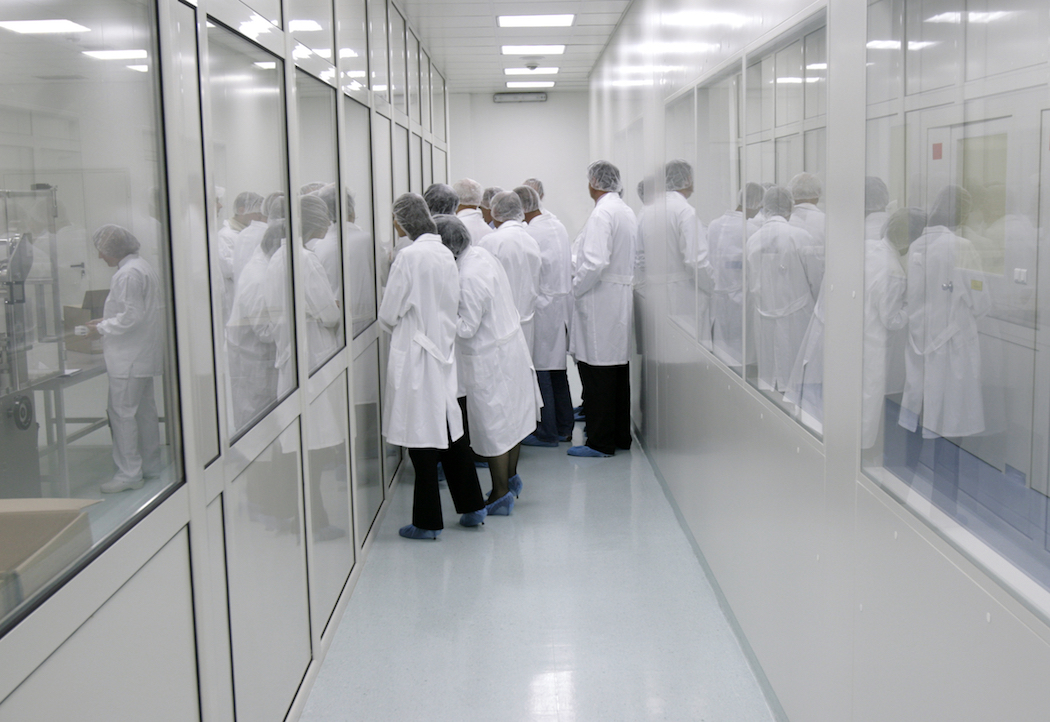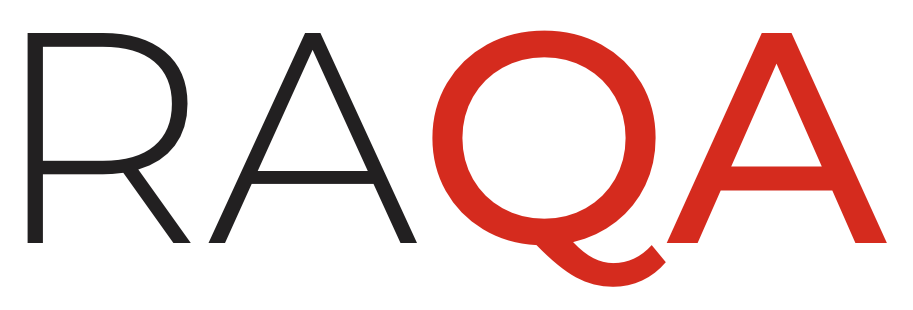Navigating The World of Regulatory Affairs
Let Our Former FDA Reviewers to Manage Your Regulatory Affairs.
Our team of seasoned experts, including former FDA reviewers and scientists, is dedicated to helping you achieve compliance and success in the regulatory landscape.
Registration, Listing, & Reporting
Systematic & Scientific Approaches

Let Former FDA Reviewer Handle the Regulatory Affairs
Specialised attorneys are typically employed on a contractual basis rather than directly employed by a manufacturer. Given the complexity and importance of global regulatory affairs, hiring an established global expert in this field is prudent. For example, our specialists possess the necessary knowledge and experience to facilitate the global regulatory process.
Regulatory Affairs Never Stop
Furthermore, your regulatory affairs function is crucial for the success of medical device or pharmaceutical companies. The function of regulatory affairs continues beyond the initial stages of obtaining approval or clearance. Ongoing communication with the development and research department to update submissions may be required. Therefore, monitoring, post-market surveillance, or compliance with new regulations must be ongoing. By contracting out these responsibilities to experienced specialists, you avoid potential conflicts with regulatory agencies around the world.
RAQA, a One-Stop Shop
RAQA offers a complete solution for all your global regulatory affairs needs. As a one-stop resource, we specialise in managing the complexities of regulatory compliance across various countries. Let us be your regulatory affairs so you can focus on your core business activities and meet the investor’s expectations.
It’s Law, Not A Fancy Certification
- Federal Food, Drug, and Cosmetic Act (FD&C Act). It is the most extensive law of its kind in the world.
- Code of Federal Regulations Section 21 (21 CFR)
- CE Marking

It's Law, Not An Option!
510(k) PMN
Section 510(k) of the Food, Drug and Cosmetic Act (The Act). It is known as 510(k), Premarket Notification (PMN), or substantially equivalent (SE) letter. Before marketing or distributing a medical device, every manufacturer must obtain a letter of clearance from the FDA, indicating that the device is considered substantially equivalent (SE) and can be sold in the U.S.
510(k) is the quickest method to bring an “SE” medical device into the U.S. Market. Most think that a person with some understanding of the process can prepare the submission. This is where the manufacturers make a fundamental mistake. Be careful what you submit to the FDA. What you submit is your final device, not what you intend to market, which may be verified by the subsequent facility inspection.
The CE Mark
CE Marking, also known as CE Certification, is a requirement for specific categories of products within the European Economic Area (EEA). Products manufactured in non-EU countries and sold in the European Economic Area (EEA) also require the CE Mark. In this case, the importer is responsible for ensuring that the manufacturer outside the EU has taken the necessary steps to affix the CE Mark to their products.
The CE mark is mandatory for the following 27 states of the European Union: Austria, Belgium, Bulgaria, Croatia, Cyprus, Czech Republic, Denmark, Estonia, Finland, France, Germany, Greece, Hungary, Iceland, Ireland, Italy, Latvia, Liechtenstein, Lithuania, Luxembourg, Malta, Netherlands, Norway, Poland, Portugal, Romania, Slovakia, Slovenia, Spain, and Sweden.
NDA & ANDA
21CFR Part 314, Applications for FDA Approval to Market a New Drug or an Antibiotic Drug. Like an approved Premarket Approval Application (PMA), a New Drug Application (NDA) is approval for new drugs.
Typically consisting of six processes for approval:
-
- Pre-Clinical
- IND Submission
- Clinical Studies
- NDA Submission
- FDA Review
- FDA Action
From the initial stage of Pre-Clinical to the ongoing process of post-market surveillance, RAQA is there for you!
Premarket Approval (PMA)
The most regulated devices are in Class III under the Medical Device Amendments of 1976 to the Federal Food, Drug, and Cosmetic Act (the act). “The amendments define a Class III device as one that supports or sustains human life or is of substantial importance in preventing impairment of human health or presents a potential, unreasonable risk of illness or injury.”
Pre- and Post-Market Inspection. The FDA does not test drugs and medical devices but conducts facility inspections at its discretion: pre-approval and post-market surveillance. Our former FDA drug and medical device specialists and investigators can also assist with facility inspections.
Tailored Regulatory Submissions
Our tailored, accurate submission process will give you the confidence you need as a senior executive. Each application will be competently managed by our former FDA reviewers, who bring insight from our previous position with the regulatory agency. You can trust that your submission will be handled promptly and confidentially.
